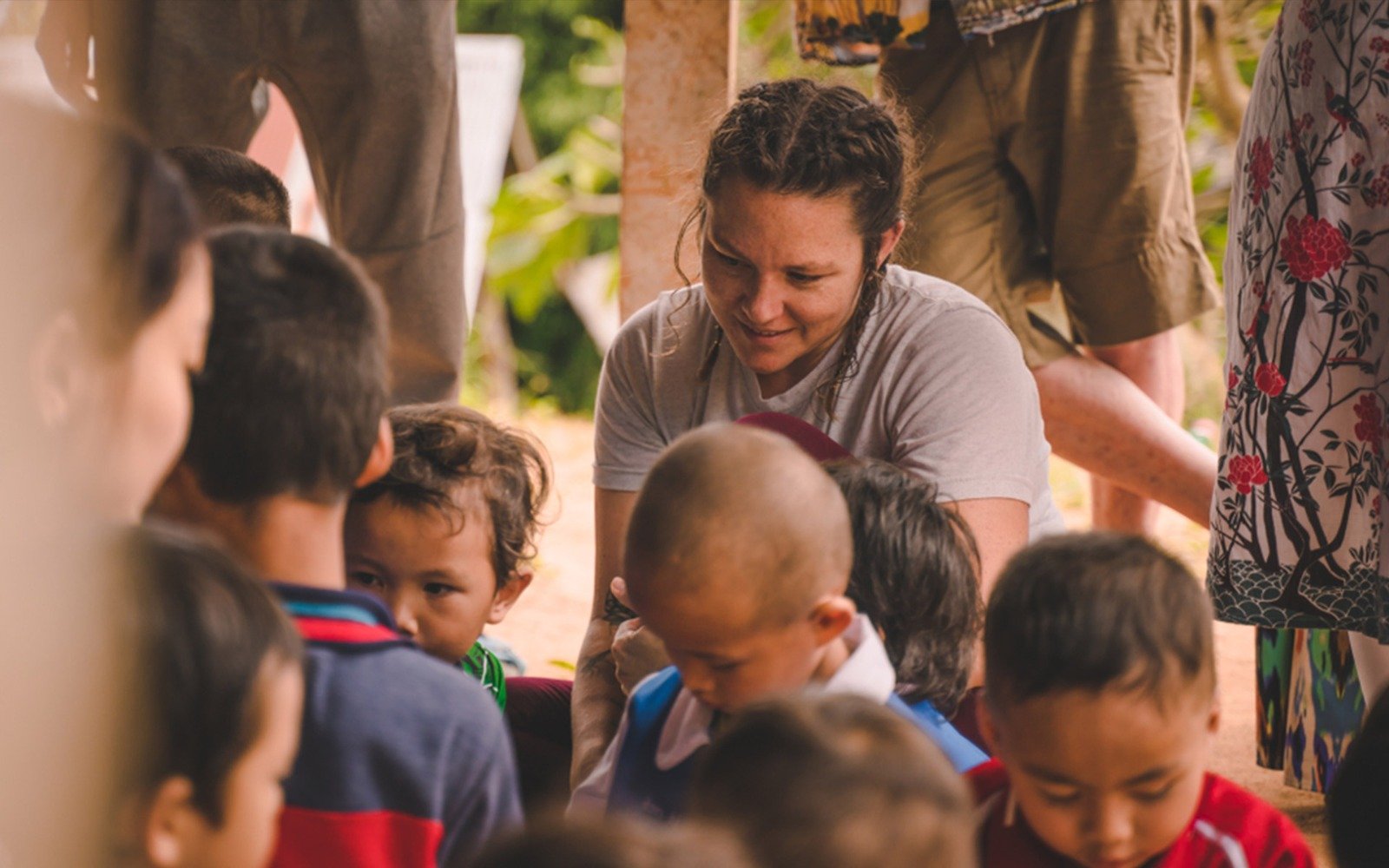The Role of Non-Governmental Organizations in Supporting Children’s Rights
Children’s rights are one of the fundamental issues that must be prioritized globally, as they ensure that children live a dignified and safe life that includes education, healthcare, protection from exploitation, and the right to live in an environment that enables their healthy growth and development. Non-Governmental Organizations (NGOs) play a significant role in promoting and supporting children’s rights worldwide, especially in areas affected by wars, conflicts, poverty, and natural disasters. In this article, we will explore the role of NGOs in supporting children’s rights, the challenges they face, and the ways to sustainably improve children’s conditions.
What are NGOs and Why Are They Important in the Field of Children’s Rights?
Non-Governmental Organizations (NGOs) are independent organizations that operate outside of government control, working non-profit to achieve humanitarian and developmental goals by providing support to those in need. The importance of NGOs in the field of children’s rights lies in their ability to:
– Act Independently and Flexibly: NGOs enjoy autonomy, allowing them to respond quickly in crises and provide direct assistance to families and children in local communities.
– Fill Gaps in Government Services: In countries lacking adequate government support for children, NGOs can play a vital role in providing education, healthcare, and protection.
– Raise Awareness and Promote Children’s Rights: These organizations conduct local and international awareness campaigns to highlight issues affecting children and promote their rights worldwide.
Roles of NGOs in Supporting Children’s Rights
2.1 Providing Education and Healthcare
Education and healthcare are among the most prominent fundamental rights of children, yet they are often inaccessible to children in impoverished or conflict-affected areas. NGOs play an important role in:
– Establishing Schools and Educational Centers: Some organizations build schools in rural areas or those affected by wars, provide school supplies and uniforms, and train teachers.
– Healthcare Services: Their efforts include providing essential vaccinations, mobile clinics, and health programs for mothers and children, contributing to reducing child mortality rates and improving overall health.
2.2 Protecting Children from Violence and Exploitation
Children in some communities are subjected to domestic violence, abuse, sexual exploitation, and forced labor. NGOs work to protect these children through:
– Protection and Rehabilitation Programs: They provide psychological and social support centers for abused children and work to rehabilitate them for reintegration into society, as well as offering safe havens.
– Campaigns Against Child Labor and Early Marriage: NGOs launch community awareness campaigns to highlight the harms of child labor and early marriage, providing support to families to enable them to send their children to school instead of work.
2.3 Humanitarian Response in Emergencies
In times of conflict and natural disasters, children are among the most affected groups. NGOs play an important role in providing emergency assistance:
– Distributing Food and Essential Supplies: Humanitarian relief efforts include distributing food, clothing, and basic hygiene supplies to ensure children remain healthy.
– Child Protection Programs in Refugee Camps: These organizations create safe environments for children in camps and affected areas, as well as establishing play and educational areas and providing psychological support.
2.4 Awareness and Advocacy for Children’s Rights
One of the core roles of NGOs is to raise awareness and promote children’s rights, as they strive to:
– Organize Workshops and Conferences: These aim to educate the community about children’s rights and how to protect them, while also training local staff on how to handle cases of abuse and exploitation.
– Collaborate with Media to Convey Messages: Media campaigns help raise awareness of issues affecting children and their rights, such as the importance of education, protection from violence, and the significance of healthcare.
Challenges Facing NGOs in Supporting Children’s Rights
Despite the significant achievements made by NGOs, they face numerous challenges, including:
– Funding Shortages: NGOs rely on funding from donors and international institutions but may sometimes encounter a lack of financial resources, limiting their ability to implement projects.
– Government and Political Restrictions: In some countries, NGOs face legal restrictions that prevent them from operating freely, affecting their ability to provide assistance to needy children.
– Access to Dangerous Areas: Areas experiencing armed conflicts or extreme poverty can be difficult to access, hindering the provision of necessary support for children.
How to Enhance the Role of NGOs in Supporting Children’s Rights
To ensure greater success, several steps can be taken to enhance the role of NGOs in supporting children’s rights:
– Increase Funding and International Support: Strengthening collaboration between governments and donor entities to fund programs and projects aimed at improving children’s lives.
– Enhance Cooperation with Local Governments: NGOs should work with local governments to build effective partnerships that contribute to achieving sustainable outcomes.
– Develop Training and Educational Programs: More training programs should be provided for local staff, teachers, and volunteers to ensure the best care for children.
Conclusion
Non-Governmental Organizations play a fundamental and vital role in supporting and promoting children’s rights worldwide. By providing education and healthcare, protecting children from violence and exploitation, and offering assistance in emergencies, these organizations contribute to improving the lives of millions of children. Despite the challenges they face, the continuation and expansion of these efforts will ensure a brighter and safer future for children everywhere. We all have a responsibility to support these organizations and strengthen their efforts to ensure a dignified and safe life for all children, wherever they are.




